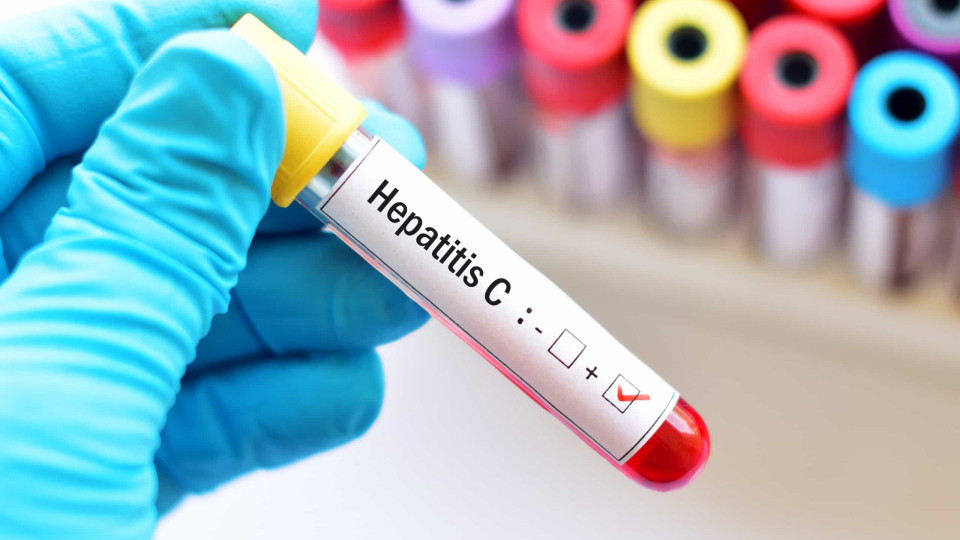Portugal "marking time" on WHO targets for reducing hepatitis C
The Portuguese Association for the Study of the Liver (APEF) warned today that Portugal is "marking time" in the international goals for the reduction of hepatitis C, advocating greater monitoring of immigrants from regions with high infection rates.

© Shut

País APEF
"The World Health Organization (WHO) has the major goal of minimizing new infections by 2030, and we are marking time a bit," the president of APEF told Lusa, who participated in a recent meeting on strategies to achieve the goals defined globally.
For hepatitis B and C, the WHO established the goals of reducing the incidence of infections by 90% and associated mortality by 65% in 2030.
According to Arsénio Santos, Portugal is witnessing a "reality that is clear to everyone at this time" in which many immigrants "are living in undesirable conditions, in overcrowded communities, where infection is probably occurring."
According to the Internal Medicine specialist, "some of the immigrants who are entering Portugal -- and not just now -- come from areas where the rate of the population with this infection is higher than in Portugal," such as Asian regions.
According to the president of APEF, Portugal has "a lot of work done and great progress" in the treatment of hepatitis C, mainly since 2014, through medications that have allowed a cure rate of around 97%.
"At this time, the number of people who have to undergo a liver transplant because of hepatitis C has been drastically reduced and these are very specific cases," highlighted the doctor, who stressed the importance of treating infected people quickly, to avoid the risk of developing chronic liver disease and even liver cancer, but also to reduce the possibility of passing the infection on to third parties.
The liver disease specialist stated that "there is no doubt" that, although in quantitative terms it is smaller than it was ten years ago, the "problem exists and it is desirable, from a public health point of view, to be treated."
To this end, he defended the need to facilitate access to treatment for people who use injectable drugs, through the reduction of bureaucracy in processes and procedures, as well as the generalization of rapid screening tests for hepatitis C in community pharmacies.
"It is a practice that would make sense to be more widespread in other areas of the country, because it makes life easier," argued Arsénio Santos.
According to the specialist, there is no significant increase in cases of hepatitis C in Portugal, but rather cases of infection that are "increasingly difficult to identify" by health professionals, a "difficult fight" aggravated by the lack of family doctors in areas with a large population, such as Greater Lisbon.
"Primary health care is essential because it is the beginning of the chain of the health system," considered Arsénio Santos.
Hepatitis C, a disease with mandatory notification in Portugal, is an inflammation of the liver caused by a virus that is transmitted through the blood and that, when it becomes chronic, can lead to cirrhosis, liver failure and cancer.
There is no vaccine against hepatitis C and prevention of infection involves avoiding contact with infected blood.
The WHO estimates that around 58 million people worldwide live with the hepatitis C virus, that 290,000 die annually from cirrhosis or hepatocellular carcinoma, and that around 1.5 million new infections occur each year.
According to the Directorate-General for Health, between 2017 and 2020, the total number of confirmed cases of hepatitis C in Portugal was 857. The disease is more frequent in men, who represented an average of 70% of those infected each year.
Read Also: Hepatitis virus still cause 3,500 deaths per day worldwide (Portuguese version)


Descarregue a nossa App gratuita.
Oitavo ano consecutivo Escolha do Consumidor para Imprensa Online e eleito o produto do ano 2024.
* Estudo da e Netsonda, nov. e dez. 2023 produtodoano- pt.com



